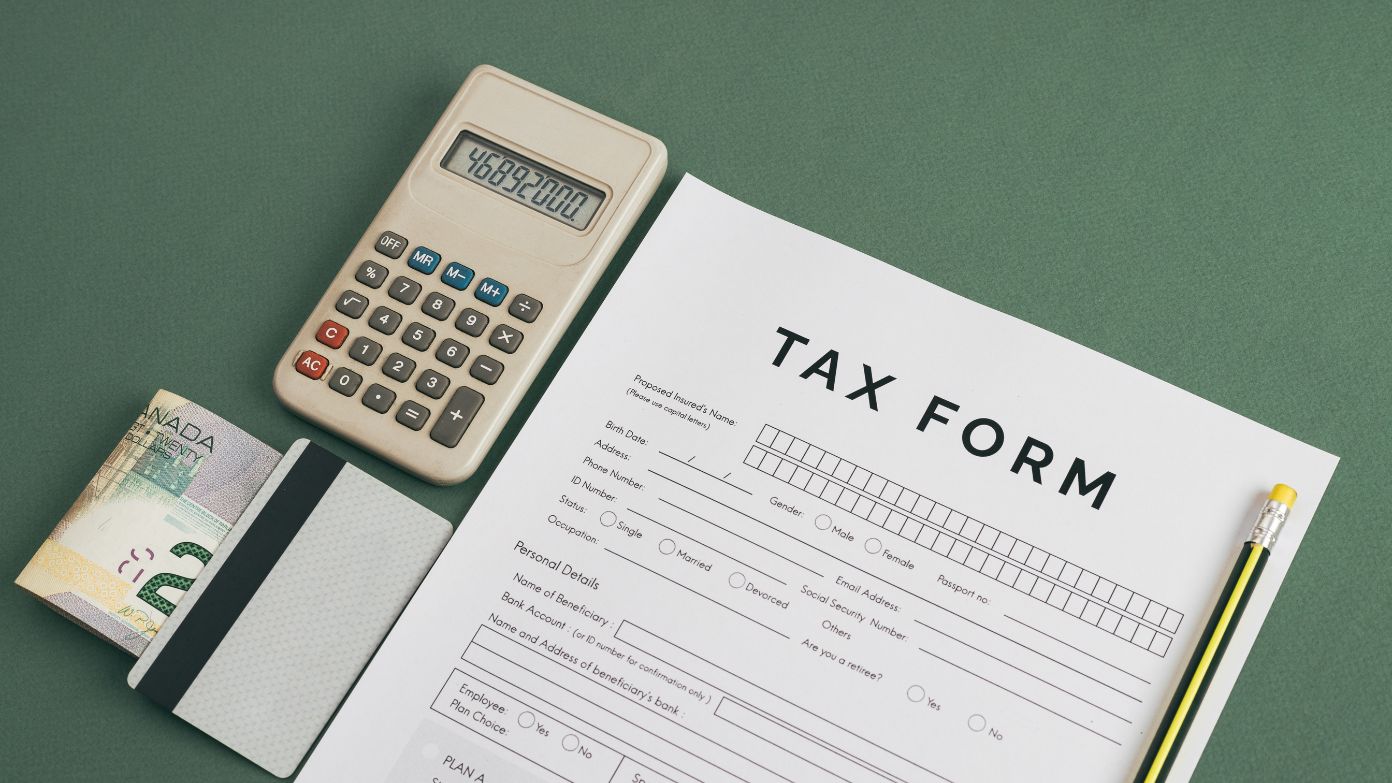Missing the IRS tax deadline is not the end of the world — but it can lead to some problems if you do not act quickly. Let us break down what happens and what you can do if you are in this situation. This is not about fear, but about helping you understand the facts and your options.
What happens if I am owed a tax refund?
If the IRS owes you a refund, the good news is that there is usually no penalty for filing late. But that does not mean you can wait forever.
- You have up to three years from the original deadline to claim your refund.
- After that, the money becomes government property — and you will not be able to get it back.
- The IRS will not come after you for not filing, but you will lose money that is rightfully yours if you wait too long.
What if I owe taxes and miss the deadline?
Now, if you owe the IRS and miss the deadline, things get a little more serious.
- You will face a failure-to-file penalty: usually 5% of your unpaid taxes per month, up to 25% total.
- On top of that, there is also a failure-to-pay penalty: usually 0.5% per month of the amount you owe.
- Interest also builds up over time — so the longer you wait, the more you will owe.
This means even if you cannot pay right now, filing your return as soon as possible can help reduce penalties.
What if I keep ignoring it?
If you continue to ignore it, the IRS will start taking steps on their own:
- They may file a “substitute return” for you.
- This sounds helpful, but it is not.
- It is based only on income they know about — no deductions, credits, or exemptions.
- You will likely owe more than you really should.
- This sounds helpful, but it is not.
After that, things can escalate:
- The IRS may send a notice of deficiency giving you 90 days to file your real return or go to Tax Court.
- If you do not respond, the IRS will make your debt official and may begin collection efforts like:
- Placing a lien on your property
- Garnishing your wages
- Levying your bank account
- Seizing your assets
- Revoking your passport
- Placing a lien on your property
Criminal charges are rare and usually only apply in cases of fraud or willful tax evasion — not simple filing mistakes.
What should I do if I am behind on filing?
The first step is to file your taxes, even if it is late. Doing this:
- Stops the failure-to-file penalty from growing
- Shows the IRS you are trying to make things right
If you are multiple years behind, consider speaking with a tax professional. They can:
- Help gather your documents
- Make sure you get any deductions or credits you qualify for
- Help you file the correct years the IRS requires (usually the past six)
What if I cannot afford to pay what I owe?
Do not panic. You have options, including:
- Installment agreements to pay over time
- Offer in Compromise to settle for less than you owe
- Currently Not Collectible status if you are in financial hardship
You can work with the IRS directly or reach out to a reputable tax relief company to guide you through the process.
Continue reading:
Is Social Security income taxable to the IRS? Do I have to file a tax return in 2024?

